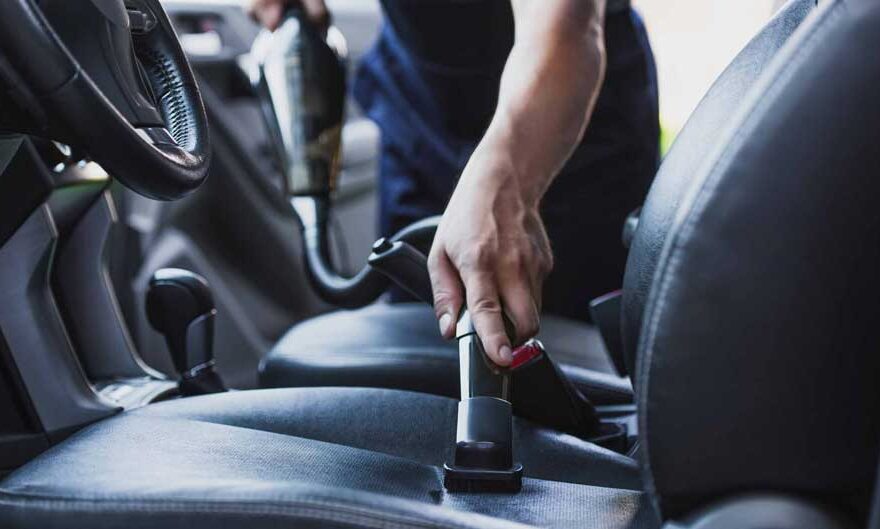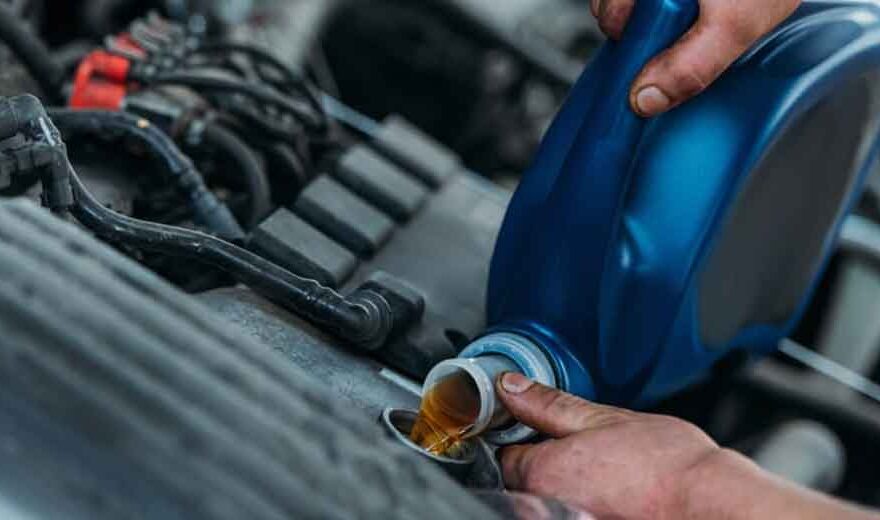Single Vehicle Accidents: Who Can Be Held Liable?

When you hear about car accidents, you immediately imagine many car collisions involving two or more drivers. But that’s not the case with single-vehicle accidents.
A single-vehicle accident is an accident that only involves a single car, and they are common. Given below are some common examples:
- Collisions with fixed objects such as utility poles, guardrails, or trees
- Crashes caused by the driver veering off the road or losing control
- Rollovers, where the car rolls or flips onto its roof or side
These types of accidents occur in various settings, from residential streets to highways. Their consequences range from minor damage to severe fatalities or injuries. If you are ever involved in a single-vehicle accident, contact the top car accident lawyers to help you recognize the liable party.
Although only one car is involved in the accident, that doesn’t mean you can’t hold anyone liable. External factors, defective products, and numerous parties may have contributed to the single-vehicle accident.
Some Common Causes Of Single-Vehicle Accidents
In order to determine liability in a single-vehicle accident, you must understand the cause of the crash. Some of the causes are listed below.
Hazardous Road Conditions
Uneven surfaces, potholes, and poorly marked or managed construction sites can create dangers that can lead to single-vehicle accidents.
Vehicle Defects
An unexpected tire blowout can distract a driver and cause them to lose control of their vehicle and crash. In some cases, faulty brakes can prevent a driver from coming to a halt in time to dodge an accident.
Liability In Single Vehicle Accidents
In most single-vehicle accidents, assuming that the driver is automatically at fault can be tempting. However, the case can be different.
Depending on the situation, you can hold other parties liable. Below are the people you can hold liable for your single-vehicle accident.
The Driver
In most single-vehicle accidents, all fingers point to the driver. The driver will be held liable if the accident was caused by distraction, impaired driving, or speeding.
However, even if the driver is liable, they may still seek compensation through their insurance policy, that is, if they have one, especially collision coverage.
Government Entities (State Agencies Or Municipalities)
You may hold the government liable if your single-vehicle accident was caused by hazardous road design, poorly maintained roads, or wrongly marked construction sites.
The government is responsible for ensuring roads are safe because failure to keep the road in excellent condition can result in single-vehicle accidents.
Other Drivers
Even if another car isn’t directly involved in the accident, the negligent act of another driver can be a contributing factor.
For example, if a driver tailgates or cuts you off the road, you may crash into a stationary object or someone’s property, trying to avoid a collision.
If you can identify the reckless driver through traffic cameras or eyewitnesses, you may file a claim against their insurance for causing damage.
Vehicle Mechanics Or Manufacturers
If a defective car part caused a single-vehicle accident, you can hold the manufacturer liable under product liability law.
Some defects that can lead to vehicle crashes include:
- Brake failure due to faulty design or manufacturing
- Defective tires resulting in blowouts
- A defective steering system that causes loss of control
- Airbag malfunctions that may fail to deploy properly


